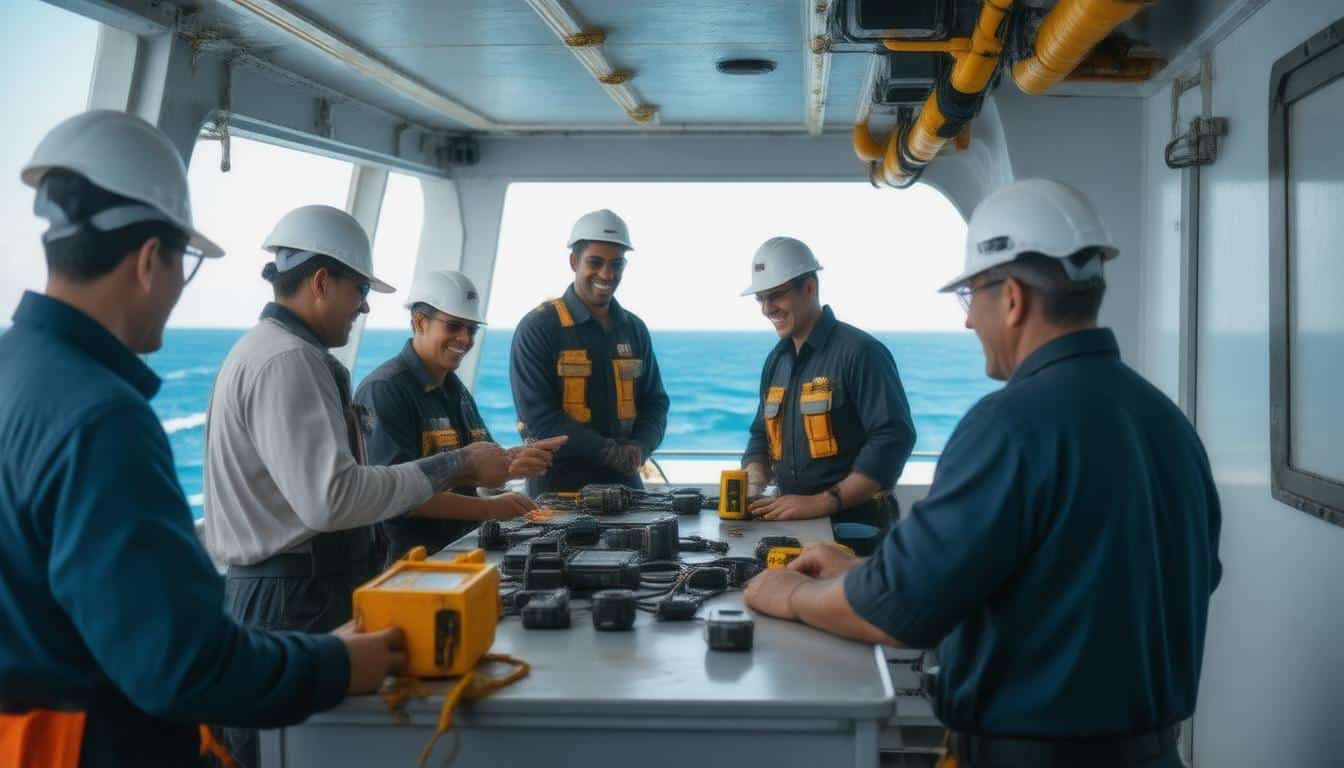In today’s increasingly digitized world, the importance of security awareness training cannot be overstated. Organizations across various sectors face threats from cybercriminals who exploit human vulnerabilities to gain unauthorized access to sensitive information. Therefore, proficiency in security awareness training is fundamental to boosting awareness and preventing threats effectively. This article delves into the significance of security awareness training, the essential components of effective programs, and best practices for long-term success in safeguarding your organization. By understanding and implementing these strategies, businesses can enhance their defenses and cultivate a security-conscious culture among employees.
Learn More About Our Courses Here!
Key Takeaways
- Security awareness training is crucial for mitigating potential threats in organizations.
- Effective security awareness programs include clear objectives and comprehensive content.
- Regular assessments are necessary to measure the impact of security awareness training.
- Incorporating real-world scenarios can enhance the effectiveness of security awareness initiatives.
- Continuous engagement and updates are key to maintaining security awareness over time.
Understanding the Importance of Security Awareness Training
In today’s digital age, organizations must prioritize Proficiency in Security Awareness Training: Boosting Awareness to Prevent Threats. This essential training is designed to equip employees with the knowledge and skills necessary to identify, prevent, and report potential security threats that could compromise sensitive data or disrupt operational processes. By fostering a culture of security awareness, organizations not only protect their assets but also empower their workforce to be the first line of defense against cyber threats. Regular training sessions can significantly reduce the likelihood of breaches caused by human error, allowing companies to maintain customer trust and uphold their reputations in an increasingly perilous online environment. Understanding the importance of this training is crucial; it transforms employees from passive participants into active defenders, ultimately enhancing the overall security posture of the organization.
Key Components of Effective Security Awareness Programs
In today’s digital landscape, organizations are increasingly recognizing the importance of proficiency in security awareness training as a means of safeguarding their assets. Effective security awareness programs are built on key components that not only educate employees but also foster a culture of vigilance. These programs typically begin with comprehensive training modules that cover various aspects of cybersecurity, including phishing attacks, password management, and social engineering tactics. Regular assessments and real-world simulations are essential for reinforcing concepts and evaluating the understanding of team members. Additionally, integrating ongoing communications, such as newsletters or brief alerts about emerging threats, helps to maintain a high level of awareness. Ultimately, investing in proficient security awareness training equips employees with the knowledge to identify and respond to potential threats, significantly boosting awareness and contributing to a stronger security posture for the organization.
‘An ounce of prevention is worth a pound of cure.’ – Benjamin Franklin
Learn More About Our Courses Here!
Measuring the Impact of Security Awareness Training
In the rapidly evolving landscape of cybersecurity threats, organizations must prioritize their workforce’s Proficiency in Security Awareness Training: Boosting Awareness to Prevent Threats is paramount. This form of training equips employees with the knowledge and skills necessary to recognize and respond to potential security risks, such as phishing attacks and data breaches. By measuring the impact of this training, organizations can assess its effectiveness and identify areas for improvement. Metrics might include employee engagement levels, knowledge retention rates, and the frequency of reported security incidents following training sessions. With a proactive approach to security awareness, businesses not only safeguard their sensitive information but also foster a culture of vigilance among employees, ultimately leading to enhanced overall organizational security.
Best Practices for Ongoing Security Awareness Initiatives
In today’s digital landscape, the importance of proficiency in security awareness training cannot be overstated. By implementing ongoing security awareness initiatives, organizations can significantly boost awareness to prevent threats that could compromise sensitive information and operations. Key best practices include regular training sessions that incorporate real-world scenarios, which help employees recognize and respond to potential security breaches effectively. Additionally, leveraging gamification can enhance engagement and retention of critical security measures. Establishing a culture of security through frequent communication, updates on current threats, and leadership involvement also plays a vital role in reinforcing these initiatives. When staff members are consistently educated and informed, they become the first line of defense against cyber threats, thereby significantly reducing vulnerabilities within the organization.
À Propos de Nous
Virtual Maritime Academy is a leading provider of online maritime education and training, offering a wide range of courses designed to meet the needs of the global maritime industry. With a commitment to quality and innovation, Virtual Maritime Academy is dedicated to preparing seafarers and maritime professionals for success in their careers. Now a DNV Certified Maritime Training Provider, the academy upholds the highest standards of excellence in training and education.







